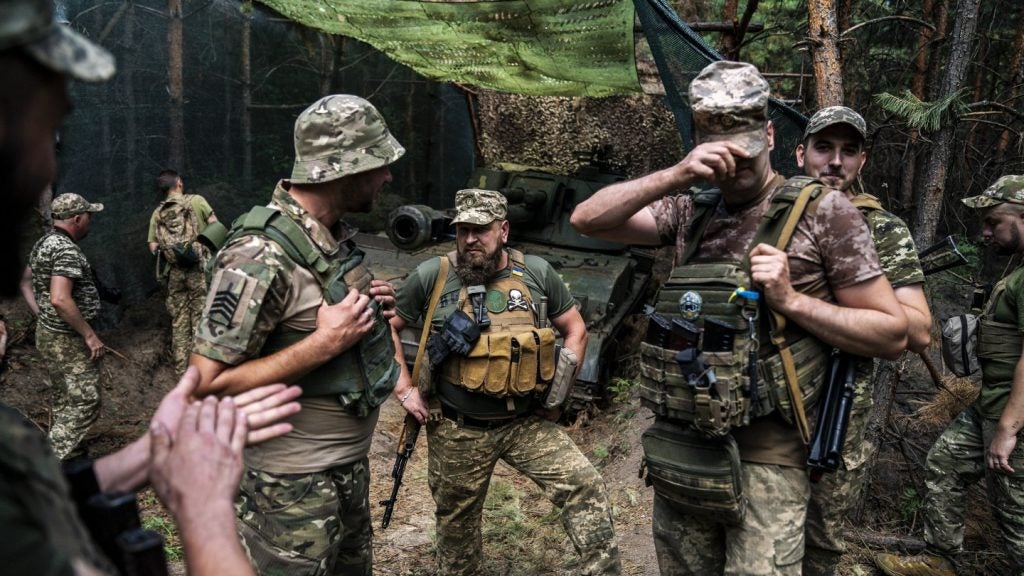
Members of the US Norfolk Naval Shipyard (NNSY) have created a new filtration unit to help minimise the spread of Covid-19.
The new device has been designed to purify the air and blows it straight up for distribution along the ceiling.
According to NNSY, the filtered air would serve as a ‘second line of defence’ after social distancing and face mask.
It was designed by NNSY Advanced Industrial Management (Code 300) programme manager Bill Young.
The machine was conceptualised in September last year.
Bill Young said: “We were able to discuss the entire project throughout a two-hour meeting and by the next morning, Shop 17’s layout team had built the initial drawings.
How well do you really know your competitors?
Access the most comprehensive Company Profiles on the market, powered by GlobalData. Save hours of research. Gain competitive edge.

Thank you!
Your download email will arrive shortly
Not ready to buy yet? Download a free sample
We are confident about the unique quality of our Company Profiles. However, we want you to make the most beneficial decision for your business, so we offer a free sample that you can download by submitting the below form
By GlobalData“Over the next two days the aluminum frame was cut, folded, and assembled so that we had a functional prototype three days after seeing the spike in the death rate.”
Young’s colleague, Health Physicist (Code 105) Jeremy Gerdes, designed a unit for spaces such as a vehicle, desk, or office.
Naval Sea Systems Command (NAVSEA) Shipbuilding Support Office (Code 284) branch head Scott Sikora then developed an ‘ultra-low-cost unit’ for the home.
Young added: “Covid spreads primarily through the air. When we breathe, speak, cough, or sneeze, we put out microscopic particles that can be inhaled by others. These invisible particles can stay in the air for hours, so people in a space can get Covid even after the person with Covid has left the room.
“Many areas have some form of air filter, but most of the time, those filters aren’t able to remove the smallest particles, so the risk of transmission is still there. By using what is called MERV 13 filters, we can reduce the virus in the air to nearly nothing quite quickly.”






